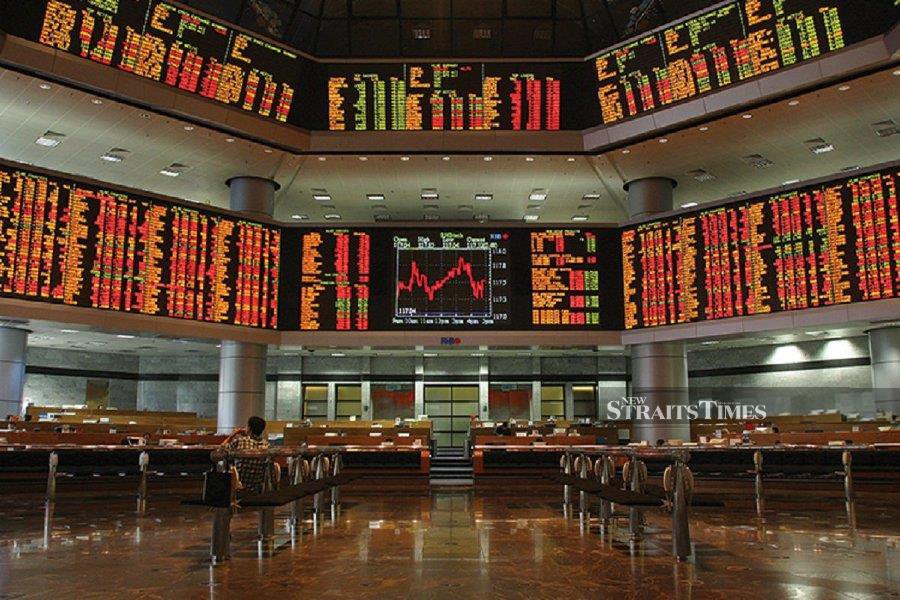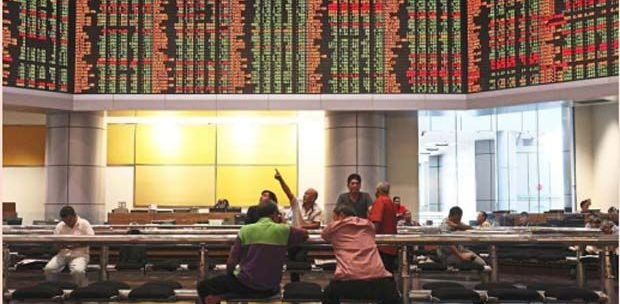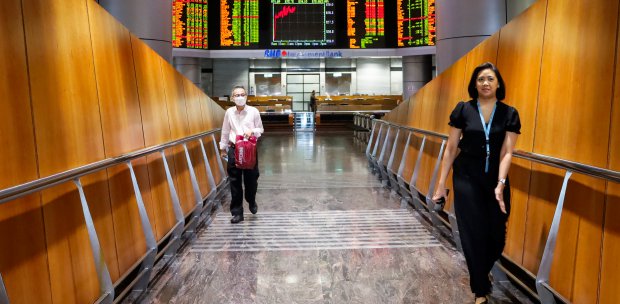KUALA LUMPUR: Foreign funds have been increasingly flowing into the capital market, which economists believe is being fueled by the attractiveness of the undervalued local currency at the moment.
"There is a valid case to go long on Malaysian assets especially Bank Negara Malaysia is expected to increase their benchmark interest rate at some point in the future," Bank Islam Malaysia Bhd chief economist Dr Mohd Afzanizam Abdul Rashid
told the New Straits Times yesterday.
He said the interest rate differentials between the Overnight Policy Rate with the advanced countries like the US (0.25 per cent), the EU (0.00 per cent), and the UK (0.25 per cent) are still in Malaysia's favour.
Although the ringgit is considered undervalued, Afzanizam stated that the average USD/MYR since the country removed the currency peg in July 2005 had been RM3.66.
Afzanizam stated that the targeted industries could include banks, technology, and the oil and gas (O&G) industries.
According to MIDF Research, foreign investors turned net buyers in the local equity market for the week ended on January 14, with inflow amounting to RM397.85 million.
The firm said overall, for the second week of 2022, local institutions and foreign investors finished strong as net buyers at RM132.79 million and RM397.85 million, respectively.
In terms of participation, the retail investors, local institutions and foreign investors recorded a weekly movement of 18.39 per cent, 41.52 per cent and 39.54 per cent, respectively, in average daily trade value (ADTV).
UOB Malaysia, in its note last week said going forward, overtly hawkish US Federal Reserve and emerging new Covid-19 variants are top risk factors exacerbating volatility in emerging markets' (EMs) capital flows including Malaysia.
Economist Julia Goh said headwinds from new variants of the coronavirus, global supply chain disruptions, and China's regulatory
risks further clouds the growth and inflation outlook.
"With elevated price pressures amid tighter labour market conditions, central banks and policymakers that adopt inflation targeting or have dual mandates to manage inflation and growth have started normalising monetary policy.
"Meanwhile, extended market volatility could prevail given the risk that the US Fed may accelerate monetary policy normalisation through accelerated tapering of bond purchases, faster rate hikes, or balance sheet reduction.
"This would lend to a stronger US dollar and tighter global monetary conditions that, in turn, would affect portfolio flows into EMs," she said.






